New Covid variant EG.5.1 spreading quickly in the UK, Know details
Tue 08 Aug 2023, 22:21:35

Eris is the new COVID variant that has been spreading quickly in the UK. It was first identified in the UK and is a variant of Omicron, the virus that causes COVID-19, with mutations that make it more transmissible. The UK Health Security Agency (UKHSA) said EG.5.1, which has been nicknamed Eris, makes up one in seven new COVID cases. It was classified as a variant on July 31 after its prevalence was recorded in the country due to increasing cases internationally, particularly in Asia.
This new variant is already causing some concern for public health experts as it appears to be more infectious than the existing strains of the virus. This means that it could potentially cause a larger number of infections and put greater strain on healthcare services in the UK.
The UKHSA maintains a regular "Flu and COVID-19 surveillance report", tracking emerging new variants and monitoring variants classified as being of concern. The Arcturus XBB.1.16 variant, also a descendant of Omicron, remains the most dominant in the UK.
The World Health Organisation (WHO) started tracking the EG.5.1 variant just over two weeks ago when WHO director-general Tedros Adhanom Ghebreyesus said though people are better protected by vaccines and prior
infection, countries should not let down their guard.
infection, countries should not let down their guard.
The symptoms of Eris are similar to those of other variants of Omicron, including fever, cough, sore throat, fatigue and runny nose. However, some people infected with Eris have experienced more severe symptoms such as difficulty breathing or chest pain. In some cases, people have had to be admitted to hospital for treatment.
It is important to note that not everyone who is infected with Eris will experience these more severe symptoms. Most people will experience mild symptoms that can be managed at home with rest and over-the-counter medication.
The best way to prevent the spread of Eris is by following public health guidelines such as wearing a face mask, washing your hands regularly and keeping a distance from others where possible. It is also important to avoid unnecessary travel and contact with people outside your household or bubble.
If you think you may have been exposed to the virus or have any symptoms of COVID-19, you should self-isolate immediately and book a test online. If you do test positive for Eris, you should follow all advice given by your healthcare provider on how to manage your symptoms and prevent further spread of the virus.
No Comments For This Post, Be first to write a Comment.
Most viewed from Health
AIMIM News
Latest Urdu News
Most Viewed
May 26, 2020
Which Men's cricket team will win the five Test matches series going to be held in UK?
Latest Videos View All
Like Us
Home
About Us
Advertise With Us
All Polls
Epaper Archives
Privacy Policy
Contact Us
Download Etemaad App
© 2025 Etemaad Daily News, All Rights Reserved.


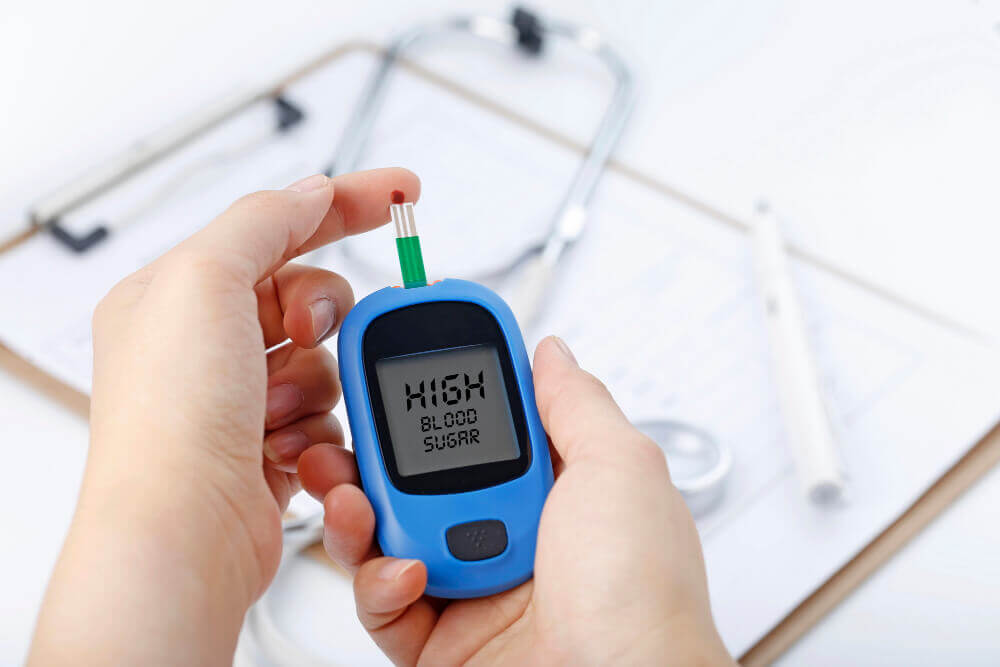
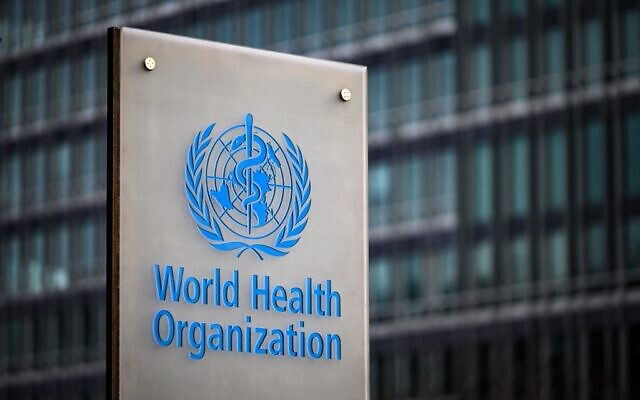
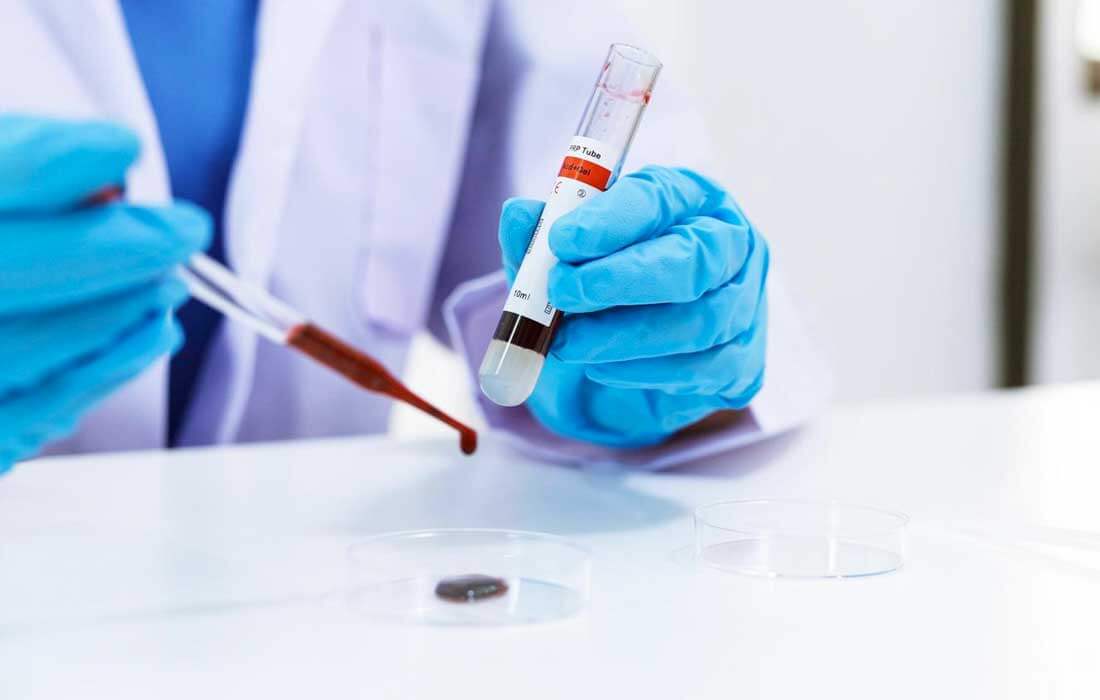
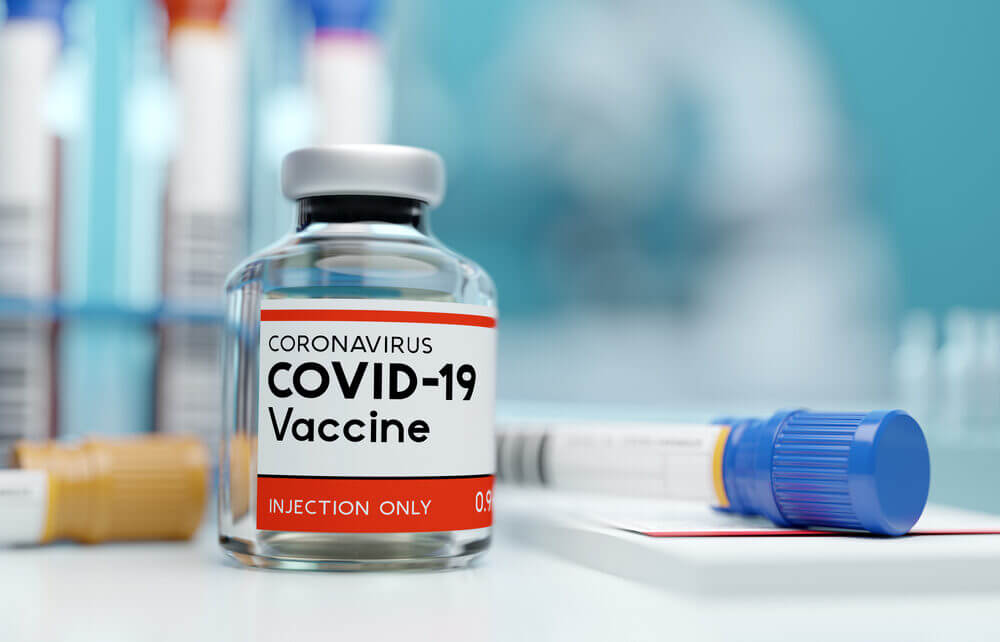
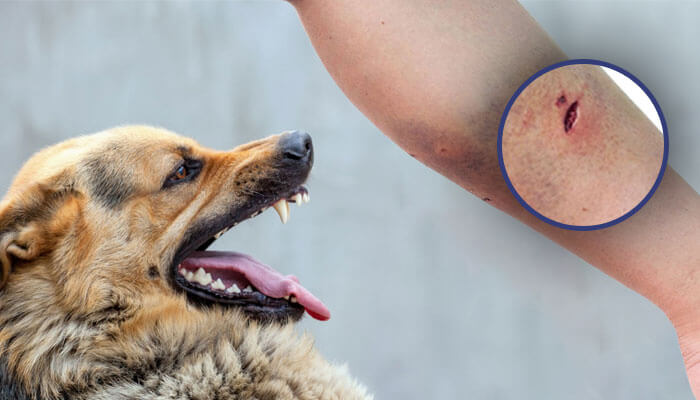
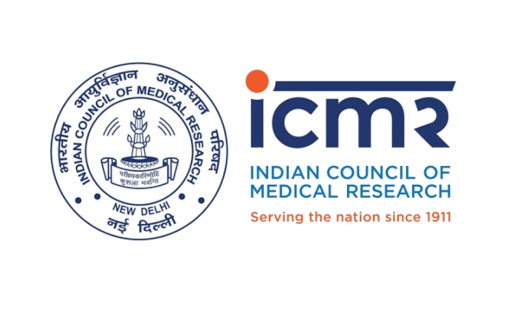

















.jpg)




